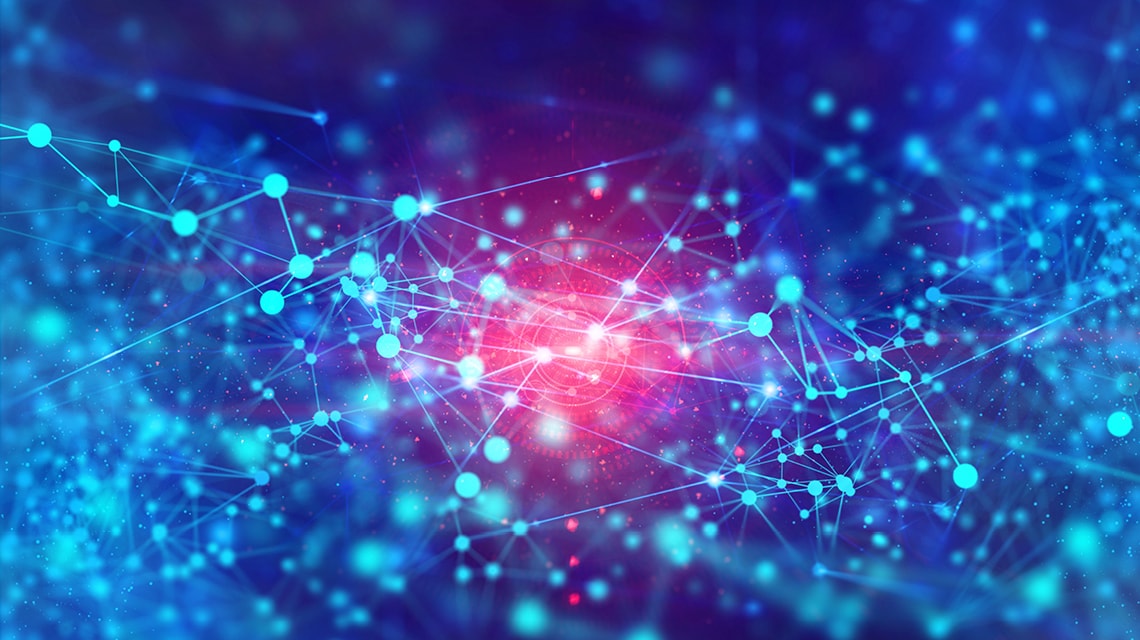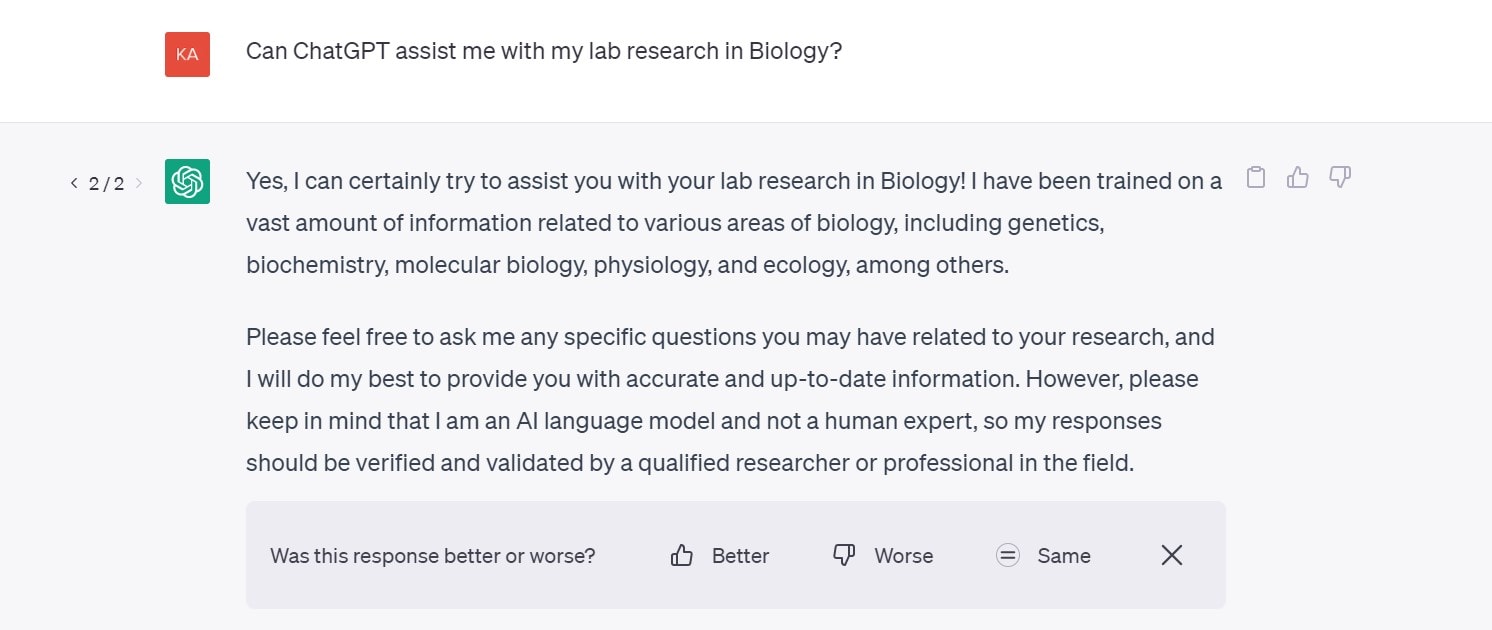Can ChatGPT really empower personalised learning in Biology courses?
Whether you are "pro" or "anti-ChatGPT", an academic or a student, the AI language model tool is currently taking the higher education world by storm.
What impact do you think technology is having in STEM teaching? Take part in our survey and have your say.

Whilst the popular chatbot is already having an impact on student performance, you might still be wondering whether you should embrace it as a teaching and learning tool.
Regardless, the growing use of AI has encouraged a great shift towards digital learning, prompting more instructors to choose a blended approach to their teaching.
For the science disciplines, digital learning capabilities can help achieve better learning outcomes. Especially for Biology, a digital and interactive learning model that goes beyond traditional lectures, essays, and exams will allow students to connect theory with practice, engage with real-world scenarios, and think like scientists.
What does the use of AI mean specifically for Biology students? Can ChatGPT offer a personalised learning experience?
To a certain extent, the AI language model could serve as a learning tool for biology students, with functionalities such as simplifying complex information or assisting with research and literature reviews. The chatbot also has the capacity to suggest hypotheses and data analysis, based on evidence found on the web.
The launch of the recent GPT-4, a large multimodal language model, is designed to take AI-generated written responses one step further with its new capability of image input. For biology students, it could provide visual descriptions and even answer exam questions that contain diagrams.
However, can ChatGPT understand biology students’ needs?
ChatGPT is AI-generated but not interactive
Biology students who already use a digital learning platform rely on its interactive features for their success – especially the interactive lab capabilities that encourage them to practice around real-world scenarios, as well as make mistakes and learn from them. From that viewpoint, the chatbot cannot provide a deeper understanding of complex biology concepts or improve student engagement within the essential scientific lab process (hypothesis, experiment, critical thinking, conclusion and insights).
The chatbot itself is also unclear about lab research, as it frequently provides a “disclaimer” in its responses of the below nature:
